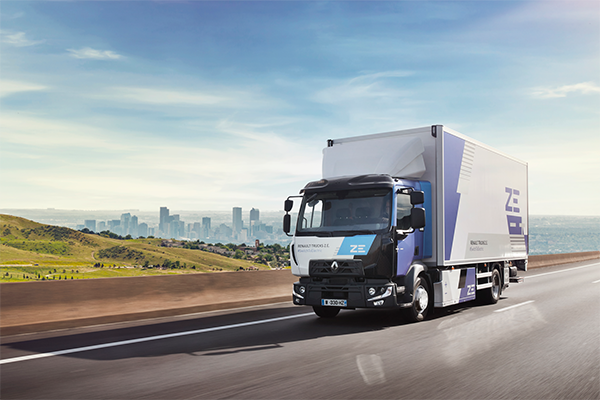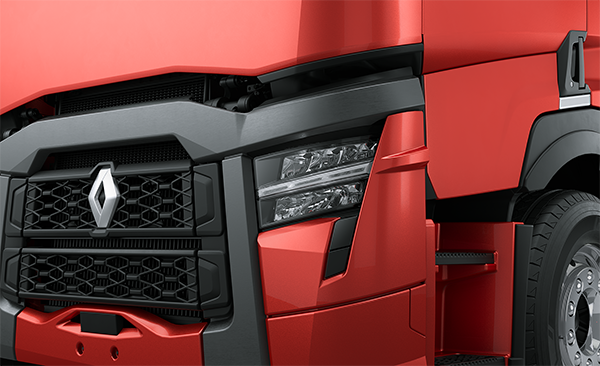Renault Trucks details electrification plans
 Volvo Group subsidiary Renault Trucks has mapped out its route to 2040, and the phase-out of fossil fuels in the truck industry. Renault Trucks president Bruno Blin said electric power would dominate the distribution, construction and long-haul segments, but internal combustion engines running on non-fossil fuels would continue in some arduous specialist sectors.
Volvo Group subsidiary Renault Trucks has mapped out its route to 2040, and the phase-out of fossil fuels in the truck industry. Renault Trucks president Bruno Blin said electric power would dominate the distribution, construction and long-haul segments, but internal combustion engines running on non-fossil fuels would continue in some arduous specialist sectors.
Electrical power would be provided through a mix of battery and hydrogen fuel cell media. The newly-formed Volvo Energy division would develop charging solutions. Volvo Group’s alliances with Daimler, Isuzu and Samsung were enabling it to move fuel-cell and battery technology forward rapidly. Penetration of electrics into the Renault ‘rolling fleet’ would be 10 per cent by 2025 and 35 per cent by 2030.
Renault Trucks was investing €33 million in developing eMobility at the X-Tech Arena in its headquarters at Lyon, and was currently expanding its electric offerings at 3.1 and 26 tonnes. Bruno Blin pointed to a recent upgrade in batteries on the 26-tonner from 50 to 65 kW as an example of the progress already being made. The decision to abandon diesel even as a long-haul fuel reverses the manufacturer’s future fuel policy, which it announced in 2019.
Electric heavy-duty Renault trucks, including a Z.E. tractor, would appear in 2023, and hydrogen fuel-cell trucks would be launched in 2025. Renault Trucks previously announced its first electric construction chassis.
Operators participating in the early transition from diesel would be supported by Renault Trucks offering a comprehensive transport solution, including batteries, installing charging facilities at customers’ premises, energy optimisation, repair and maintenance, financing, and insurance.
 But diesel developments were not being neglected in the intervening years: revised versions of the T, C and K range trucks were due for launch in the second half of the year, although Covid restrictions meant they would first see ‘light of day’ on the computer game Euro Truck Simulator 2 on 6 April.
But diesel developments were not being neglected in the intervening years: revised versions of the T, C and K range trucks were due for launch in the second half of the year, although Covid restrictions meant they would first see ‘light of day’ on the computer game Euro Truck Simulator 2 on 6 April.
Covid had had an obvious impact on Renault Truck’s fortunes in 2020 with production suspended, demand for parts down, and a lack of confidence from customers causing a 24 per cent decline in trucks delivered, but it had recovered and was now enjoying a 12 per cent increase in new orders.











